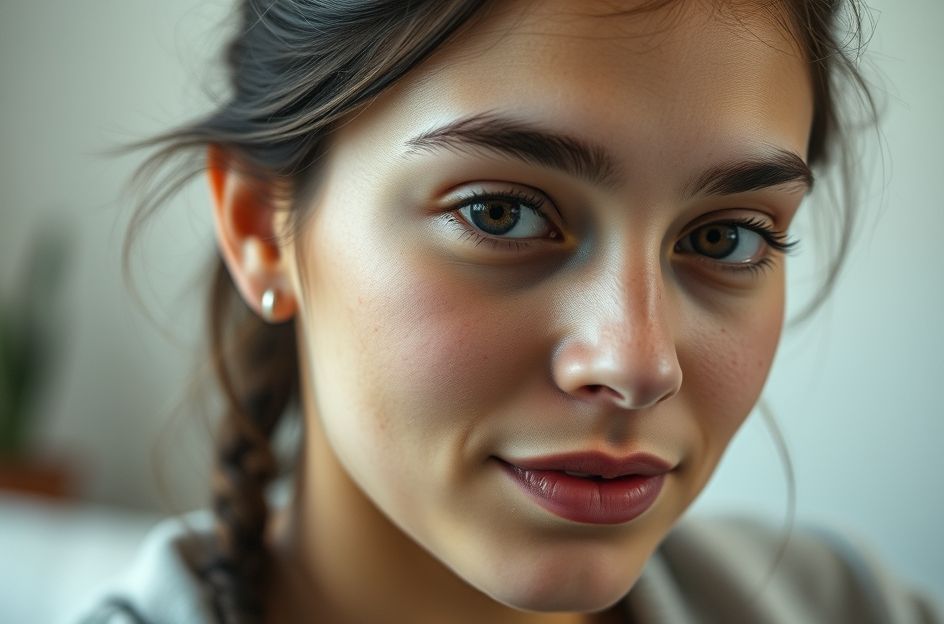Acne can be a challenging experience for anyone, impacting self-esteem and often clashing with societal beauty standards. This struggle is amplified during adolescence, a time when peer judgment can be particularly harsh.
Consider the story of Chelsea Fahey, who had always been admired for her beauty. A successful child model and winner of numerous beauty pageants, she ultimately won the Miss Teen America 2004 title. However, her life took an unexpected turn in seventh grade when she began battling severe acne. “I would hide my face with my hair, avoiding eye contact to shield myself from people’s reactions and the pain of their stares,” recalls Chelsea, now 18.
Acne can significantly affect a person’s emotional well-being. While a common skin condition, it can be particularly devastating. According to the American Academy of Dermatology, nearly every teenager between the ages of 12 and 17 will experience some form of acne, with approximately 40% developing a severe form characterized by cysts that can lead to scarring and emotional distress.
“I isolated myself, avoiding friendships and relationships. I didn’t want anyone touching my face and avoided looking in mirrors. It was a difficult time,” Chelsea explains.
She even covered the mirrors in her house to avoid seeing her reflection. Chelsea explored various treatments and medications, including pills, creams, specialized face washes, and medicated makeup, but none seemed to provide a lasting solution.
Initially, Chelsea hesitated to discuss her acne, even with her mother. She felt that acknowledging the problem would only add to her burdens as a teenager.
From her mother’s perspective, Chelsea appeared to be withdrawing and fighting a losing battle. The crucial first step for Chelsea was accepting that she had a problem that needed addressing.
